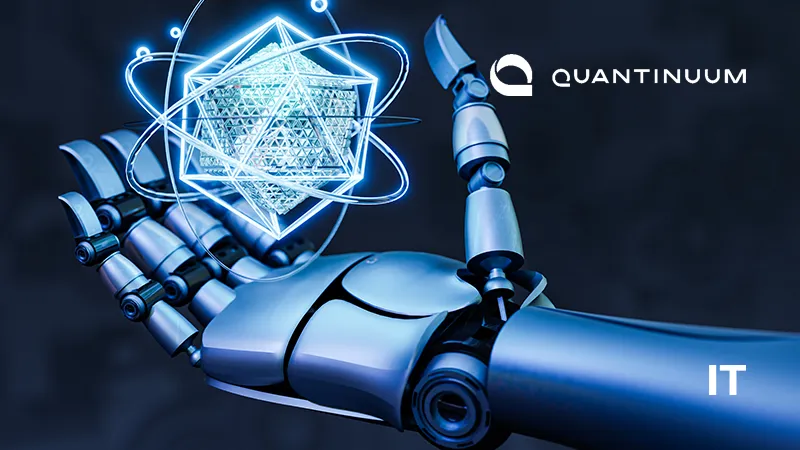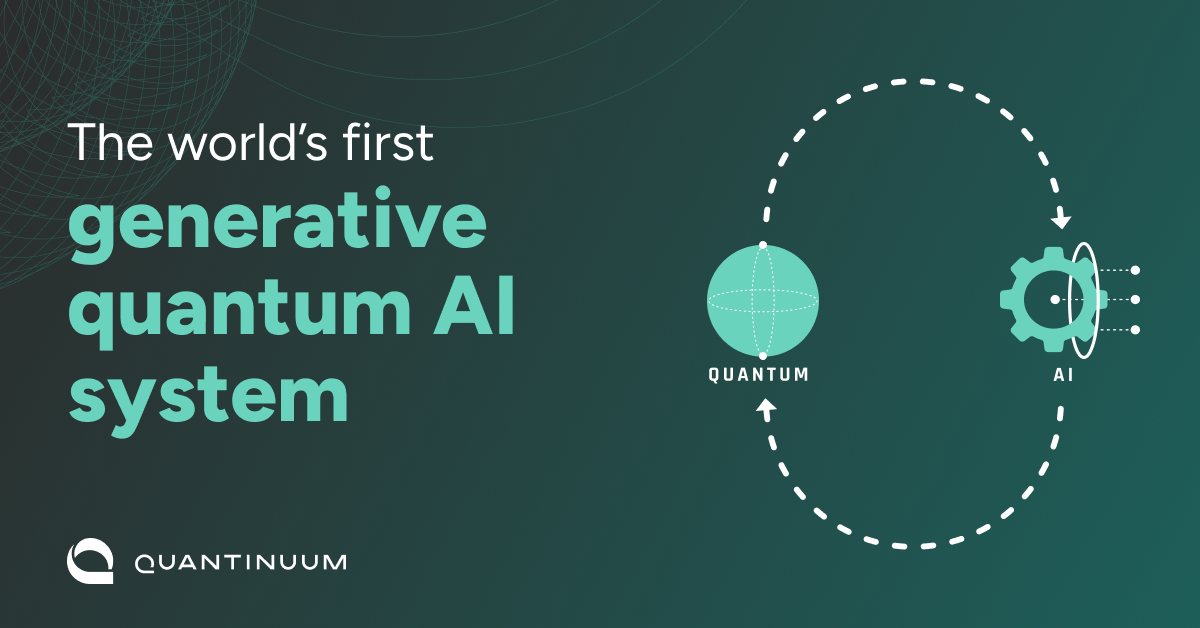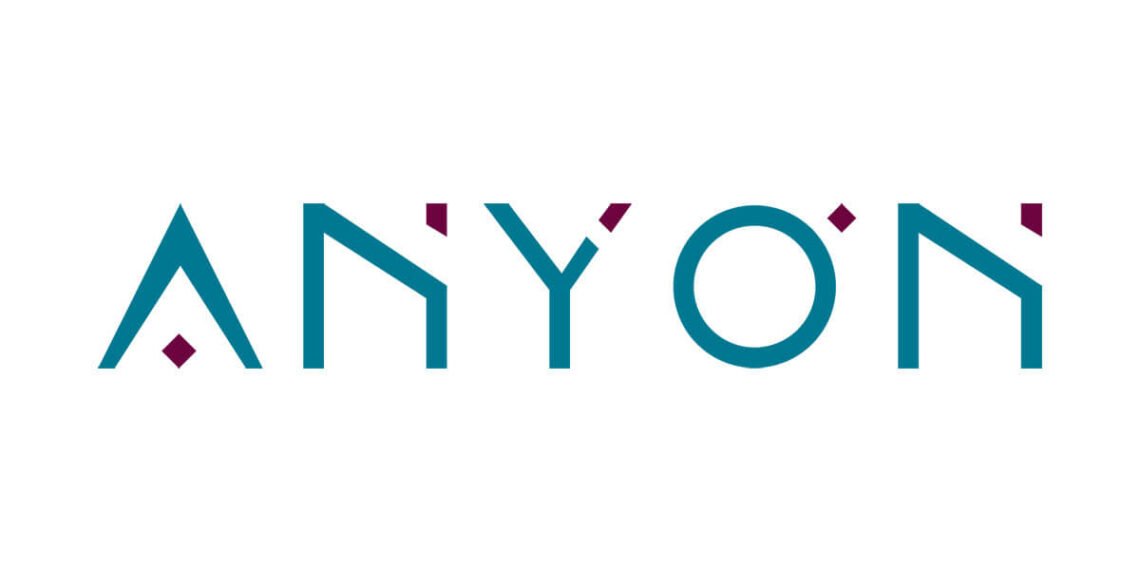Overview
Quantum computing is rapidly transforming from theoretical research into practical technology with profound implications. This shift is driven by advancements in foundational components like qubits, the building blocks of quantum computers. Unlike classical bits, which represent either 0 or 1, qubits can exist in multiple states simultaneously through a phenomenon known as superposition. These unique properties enable quantum computers to handle incredibly complex calculations far beyond the capabilities of traditional systems.
Key Technologies in Quantum Computing
Recent developments have showcased significant breakthroughs. For instance, Google’s Willow chip has demonstrated extraordinary computational power, solving problems once deemed unsolvable within reasonable time frames. Similarly, Microsoft’s Majorana 1 chip introduces a novel approach through topological qubits, which are designed for enhanced stability and scalability. These advancements aim to address the scalability problem by increasing the number of logical qubits on a single quantum processor, a critical step toward practical applications.
Quantum Computing and Data Security

As quantum technologies accelerate, traditional encryption methods face significant risks. Quantum computers, with their immense computational power, are expected to break widely used cryptographic systems, prompting the urgent development of quantum-safe networks. Governments and corporations are investing heavily in this area to address emerging challenges like cybersecurity threats, telecom security, and the broader risks posed by quantum systems.
Nokia has stepped into the fray by promoting quantum-safe networks designed to protect critical industries such as energy, mining, and telecom. Their solutions are tailored to mitigate both current and future quantum cybersecurity threats, ensuring data protection in an evolving technological landscape.
Addressing Quantum Risks Through AI and Automation
Companies like Scope Technologies Corp. are taking proactive measures to assess and manage emerging risks tied to quantum advancements. Their Quantum Preparedness Assessment (QPA) uses AI-driven automation to streamline quantum security evaluations. The technology integrates seamlessly with established Risk Management Frameworks (RMFs) to provide actionable insights for organizations. With tools like these, businesses can strengthen their quantum security posture efficiently and effectively.
By employing solutions such as error correction and automated risk analysis, Scope’s systems also address vulnerabilities linked to “Harvest Now, Decrypt Later” (HNDL) attacks. These preventive measures are crucial as the timeline for quantum computing continues to shrink, making long-term data security a pressing priority.

Practical Applications and Industry Progress
Quantum computing’s applications extend beyond cryptography into fields such as artificial intelligence and advanced problem-solving. In the finance sector, collaborations like Quantum eMotion’s partnership with Quantolio are enhancing quantum artificial intelligence to drive innovation in AI-powered financial solutions. These relationships highlight the growing importance of quantum technologies across diverse industries.
Quantum processors, though still in the early stages, are paving the way for industrial scalability. Microsoft’s Majorana 1, for example, represents a leap forward in addressing physical and logical scalability. The introduction of eight topological qubits on a chip confirms progress toward achieving a million-qubit architecture.
Growing Global Competition
As corporations innovate, nations are advancing their respective quantum strategies. China’s progress in quantum technology raises concerns about potential misuse, including data-centric authoritarianism. These developments have heightened global attention toward implementing robust quantum security frameworks to counter possible misuse and protect sensitive information.
To remain ahead, global initiatives are underway to foster collaboration in areas like cryptography and quantum risk evaluation. These efforts aim to reduce the technological gap and ensure the ethical deployment of quantum computing innovations across borders.
Challenges and Future Directions

While the potential of quantum technologies is immense, challenges remain. Stabilizing physical qubits, developing effective quantum error correction, and scaling solutions for broader applications are ongoing hurdles. Addressing these issues will be crucial to unlocking the full capabilities of quantum computers.
Nevertheless, experts agree that the transition from theoretical quantum experiments to real-world applications is accelerating. Technologies like D-Wave Quantum’s systems provide early examples of quantum machines being used to tackle complex optimization problems, demonstrating how the field is evolving towards practical impact.
Frequently Asked Questions

How does progress in quantum chip technology influence large-scale computing?
Advances in quantum chip technology allow for solving problems that are beyond the capabilities of traditional computing. These chips offer faster data processing and improved efficiency, enabling industries to address highly complex challenges. Companies are aiming to develop chips that could manage large-scale computational tasks with unprecedented speed and accuracy.
What are the obstacles in making quantum chips for widespread use?
Producing quantum chips for commercial applications comes with challenges such as maintaining qubit stability, reducing error rates, and handling environmental interference. Additionally, high manufacturing costs and the need for specialized infrastructure make large-scale production a significant hurdle.
Which companies are setting the pace in quantum chip development?
Major players in quantum technology include Google, Microsoft, IBM, and Intel, each competing to innovate in this space. For example, Google’s work on their Willow chip has demonstrated breakthroughs in computational performance, while Microsoft is focusing on Majorana-based quantum chips with unique design features.

How does Google’s quantum chip innovation stand apart from standard computing chips?
Google’s quantum chip, such as its Willow model, is designed to solve problems at speeds unimaginable for standard chips. Unlike classical processors that use binary systems, quantum chips harness qubits to process vast amounts of data simultaneously. This enables solutions to tasks that classical systems might require years to compute.
What distinguishes Majorana-based quantum chips in terms of technology?
Majorana-based quantum chips rely on exotic particles known as Majorana fermions to stabilize qubits. These chips are notable for their potential to significantly reduce error rates and enhance chip stability, which are critical factors in achieving reliable quantum computing. Organizations like Microsoft claim that such designs can drive future breakthroughs in quantum technology.
How could quantum computing shape the future of different industries?
Quantum computing has the potential to revolutionize industries such as healthcare, finance, logistics, and energy. It could accelerate drug discovery, optimize supply chain operations, enhance financial modeling, and improve data encryption. These capabilities provide businesses with tools to address problems that were previously unsolvable with classical computing methods.





































